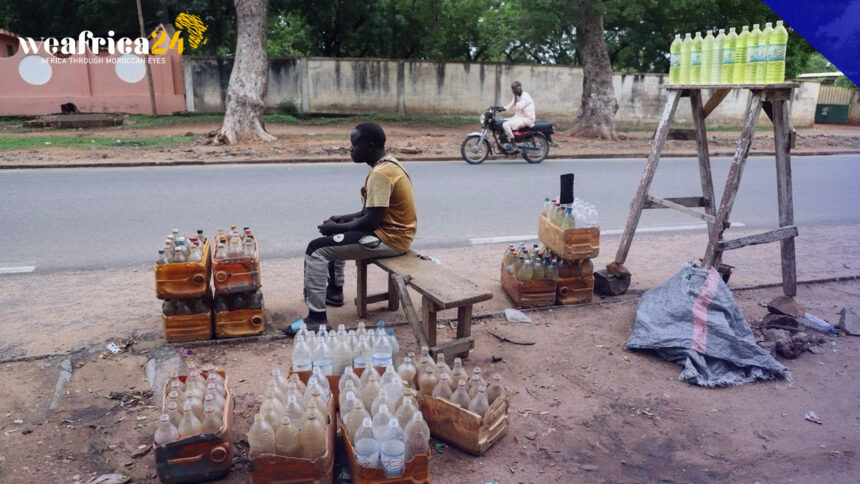According to data from the industry regulator, Nigeria has witnessed a notable decline of 28% in its average daily petrol consumption after President Bola Tinubu decided to eliminate a widely favored yet financially burdensome fuel subsidy by the end of May.
As per the Nigerian Midstream and Downstream Petroleum Regulatory Authority (NMDPRA), the figures released indicate a noteworthy decrease in average daily petrol consumption to 48.43 million liters in June, signifying a significant drop from the preceding average of 66.9 million liters.
For several decades, a subsidy mechanism had ensured affordable prices in Africa’s largest economy. However, the sustained cost of this subsidy became increasingly burdensome for the country, with the government incurring a substantial expenditure of $10 billion in the previous year alone. As a consequence, this expenditure contributed to wider deficits and resulted in a notable escalation of government debt.
The cessation of the subsidy has had a profound impact on the neighboring countries of Cameroon, Benin, and Togo, where a thriving black market was sustained through the smuggling of petrol from Nigeria. However, with the subsidy’s discontinuation, this illicit market has collapsed entirely.
According to the World Bank’s statement on June 27, Nigeria, despite having allocated $2.41 billion towards the petrol subsidy during the initial five months, stands to realize substantial savings of up to $5.10 billion this year. These savings are expected to result from the elimination of the petrol subsidy as well as foreign exchange (FX) reforms implemented by the government.







